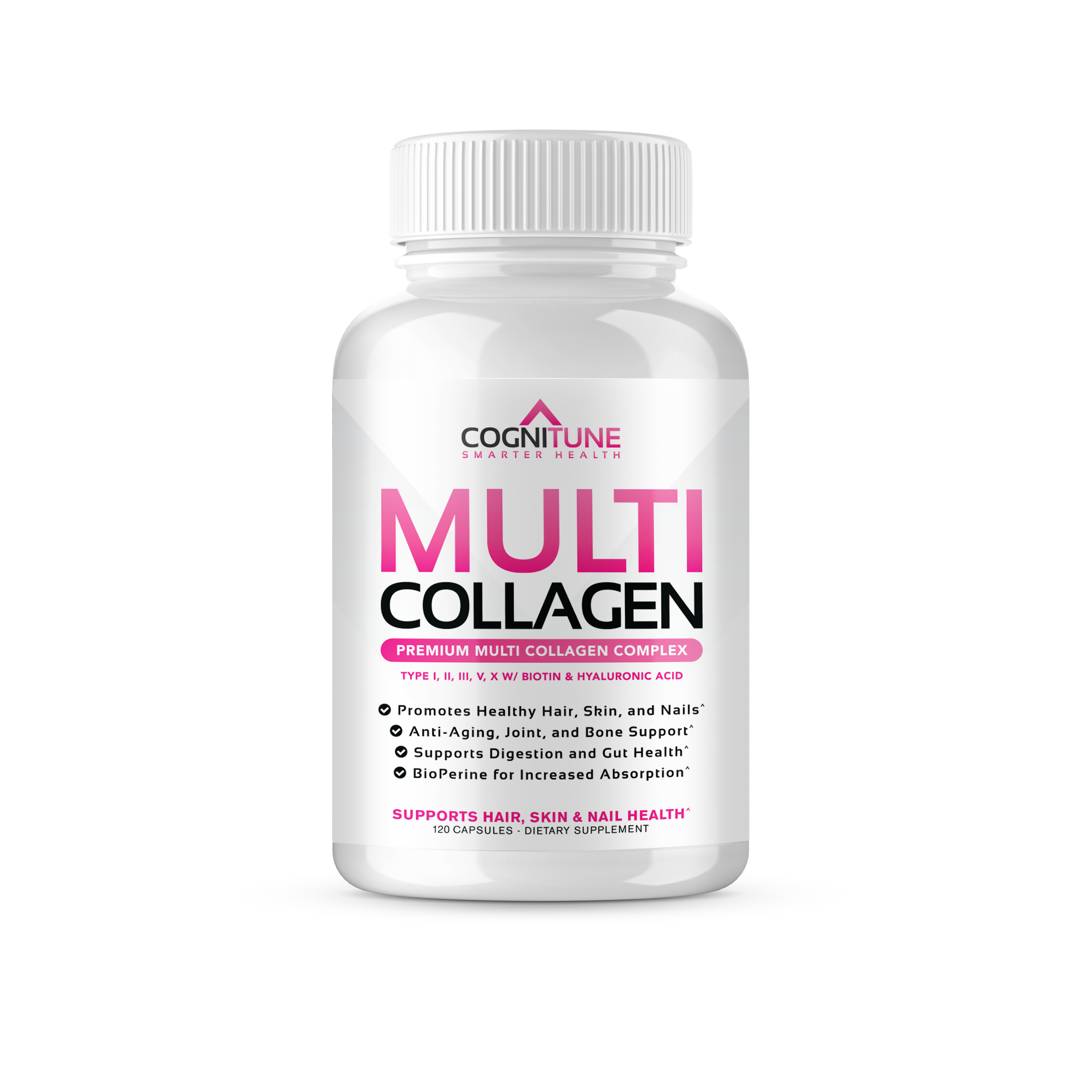Benefits of Hyaluronic Acid

What is Hyaluronic Acid?
Hyaluronic acid is one of the hottest products sweeping the skincare world. You may have heard a lot about it but maybe you don’t really know what it does. In this article, we’re going to explain the benefits of hyaluronic acid and how it can help you get younger-looking skin.
Hyaluronic acid is naturally produced by our bodies and is one of the key elements involved in keeping our skin moisturized. As you can imagine, moisture is essential for the skin’s health and it helps the skin maintain a more youthful, resilient feel.
This is why hyaluronic acid is used as an ingredient in skin-care products. It is believed to heal and rejuvenate the skin, enhance firmness, and support skin aging. We’re going to take a closer look at these benefits and more so that you may make an informed decision about whether to add hyaluronic acid to your routine.
Benefits
So, what are some benefits of hyaluronic acid? In this section, we’re going to run through some important benefits of hyaluronic acid that you might want to consider when adding this supplement to your skincare routine.
Healthy Skin
As mentioned, hyaluronic acid is important in developing and maintaining healthy skin. Although it’s produced by your skin on its own, supplementing with more can speed healing and help your skin look even better.
There is a lot of research that shows that hyaluronic acid improves skin moisture and elasticity. This is due to its strong water binding potential. It also helps decrease skin roughness for this reason.
Hyaluronic acid is also beneficial for fine lines and wrinkles. In fact, it has been shown to decrease wrinkle depth which lessens the appearance of wrinkles overall. This is because of hyaluronic acid’s ability to penetrate deep into the skin.
Overall, from higher moisture to decreased roughness to decreased appearance of wrinkles, hyaluronic acid is a great way to up your skincare regimen and increase skin health.
Speed Healing
Hyaluronic acid can also play a role in wound and tissue healing. Since it’s produced naturally, there is evidence that it collects around the wound during the healing process. By applying hyaluronic acid serum to a wound, it can help speed the healing process as is confirmed by research.
One study reviewed how hyaluronic acid has been proven to modulate via specific HA receptors, inflammation, cellular migration, and angiogenesis. These are the main parts of wound healing and explain why hyaluronic acid is essential in this process.
In addition, in a double-blind controlled trial examining whether hyaluronic acid affects the speed of healing, it was found that hyaluronic acid cream was significantly more effective in the treatment of leg ulcers than the control group and it also led to a decrease in pain.
Reduces Joint Pain
Not only does hyaluronic acid naturally occur in your skin but it is in your joints, too. Actually, it helps to lubricate your joints and helps to prevent friction. Thus, it can be a key player in preventing joint pain and possibly osteoarthritis.
One double-blind, placebo-controlled study done on patients with knee osteoarthritis found that, along with regular exercise, patients who took oral hyaluronic acid had significantly decreased symptoms. This was especially noticeable in patients under 70 which suggests it is more effective in younger patients.
It has also been suggested that injecting hyaluronic acid directly into joints instead of applying it topically can affect pain relief and healing. That said, one study concluded that the effect on pain relief is small indicating that injecting directly into the joint and synovial fluid is not worth the risk.
Research indicates that oral administration of products with hyaluronic acid holds more benefits when weighed against the risks.
Possible Side Effects
No outline of the potential benefits of hyaluronic acid would be complete without also mentioning the possible side effects. These are necessary to keep in mind to make a full and informed decision and you should consider them when deciding if products containing hyaluronic acid are right for you.
Luckily, the side effects of hyaluronic acid are generally rare. Because the body naturally produces it, it is quite unlikely to have an allergic reaction to it.
Some studies have suggested that it could help cancer cells grow faster but this is not fully supported. That said it would be wise to avoid it if you have a history of cancer.
The riskiest procedure associated with hyaluronic acid is injections. These come with a whole host of other risks associated with injecting directly into the joint that mainly come from the injection itself and not the hyaluronic acid.
Is Hyaluronic Acid Right For Me?
Now that you know the benefits of hyaluronic acid, you might have one question remaining: is this right for me? Only you can decide. Any supplement that you add to your routine should come alongside careful consideration and weighing of its benefits and downsides.
Luckily, hyaluronic acid is naturally found in your skin so its potential downsides are low but it is still worth carefully considering the effects if you intend to add it to your diet. If you are unsure of adding anything to your routine, a visit to your physician or dermatologist is recommended so you can build and tailor a plan that’s unique to you.
Conclusion
As you can see, hyaluronic acid has many benefits, primarily in promoting hydrated, healthy and youthful skin. This is why it’s seen in many cosmetic products and why it’s such a popular ingredient. The research on hyaluronic acid injections has been less encouraging and doesn’t seem to be worth the risks involved. That said, if you carefully consider the risks and benefits of any new substance, you can make an informed decision about whether or not it’s right for you.
That’s our guide on hyaluronic acid! Please leave questions or comments if there is anything else you would like to know.

